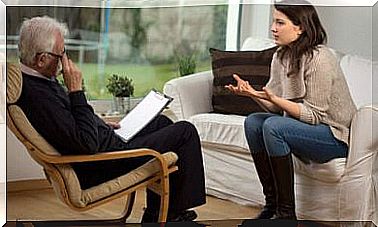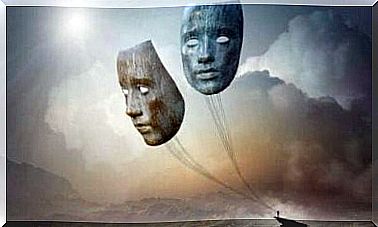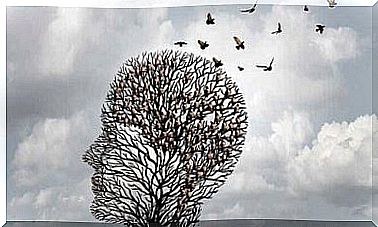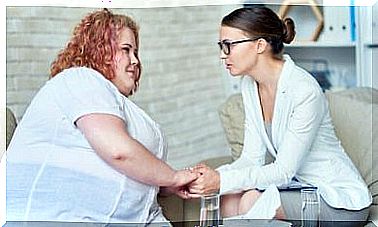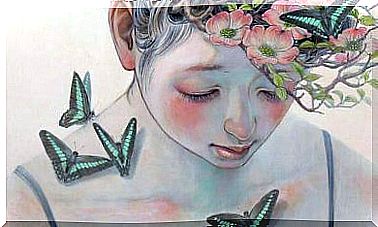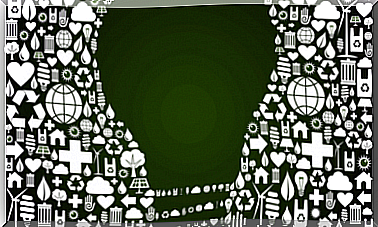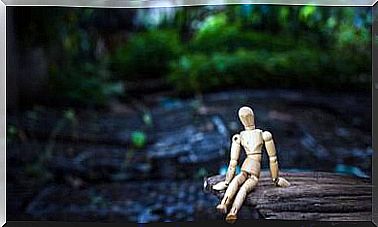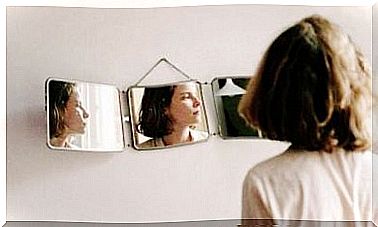5 Indispensable Self-help Books You Should Read

You have probably had complicated moments in your life that forced you to find an explanation. Maybe you wanted to understand what was happening to you, or just find some solutions to your problems. To do so, you may have searched for self-help books. These days, there is a lot of this “paper and ink” medicine out there.
Some self-help books talk about love, sadness, anxiety, or how to overcome obstacles that prevent you from reaching a goal . There are topics as well as writers that appeal to a wide range of tastes. There are even books to learn how to be better parents.
Given all these options, it is difficult to choose one specific book. They can all seem the same but different at the same time. There is no point in choosing the thickest book if the content is worthless. You need someone who can inspire you and motivate you to stand up and make positive changes.
Why are self-help books successful?
According to psychologist Susana Moraga, “the success of self-help books is due to their great availability and a diverse audience.” In addition, she believes the reason for their rise in popularity is that they are reasonably priced and readily available on libraries and digital platforms. Not only that, but they use understandable language and people generally like them. This is important because their popularity is usually due to word of mouth.
Moraga also points out that “ we have come to terms with the cliché or embarrassment surrounding self-help books. We no longer believe that people who read them have a mental illness ”. More and more people are realizing the importance of mental health.
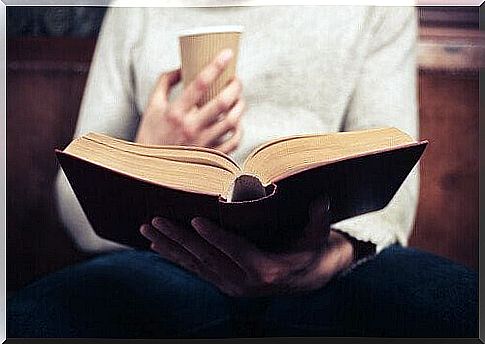
5 self-help books
Here are five self-help books I have in my library. This does not mean that they are absolutely indispensable. When you read this, there will probably be better. New self-help books are published all the time. Nevertheless, I can assure you that these are science-based and easy to understand for most people.
Feeling Good: The New Mood Therapy a f David D. Burns
As the title suggests, this book focuses on overcoming bad moods. To ensure that the title does not confuse readers, we should make it clear that “bad mood” is not synonymous with depression. Burns explains in a clear and precise way how you can improve your mood and avoid depression.
This book can be complementary material to psychological therapy. The information in the book is a useful reminder of aspects of therapy. This book is not only useful for clients but also for experienced psychologists.
“Based on the principles of cognitive therapy, Dr. Burns developed a rapid and clinically proven method that identifies masochistic traps such as perfectionism, dependence on the opinion of others, workaholism, apathy, etc. With simplicity, conviction and understanding, Dr. Burns to help people avoid depression and achieve a life full of energy and confidence. “
If life gives us lemons, we make lemonade by Ernesto Lopez Mendez and Miguel Costa
The authors behind this book were professors of a master’s degree in psychology. They are charming people and have extensive experience in psychology. Maybe that’s why I like this book so much.
In a clear, simple and educational way, the book takes us deep into the meaning of stress. It helps the reader understand how and why stress affects us so much. Not only that, but why it can be harmful to our health. The book does not only focus on stress. It also has practical tips to deal with your fears, anxieties, distresses and obsessions.
Ernesto Lopez Mendez and Miguel Costa offer strategies to help you organize your time. By doing so, you can more easily face threats and hostility in your life. They also discuss different ways to respond to anxiety. This includes breathing exercises, for when anxiety has physical consequences, such as shortness of breath.
“It is without a doubt a suggestion to live life to the fullest and enjoy it, because these experiences make life meaningful when stress complicates things or makes you feel bitter.”
Your Erroneous Zones, a f Wayne Dyer
What can we say about this book? It is a classic in self-help books. I read it for the first time 15 years ago. This is the perfect book to have lying on your bedside table. You can resort to it when you feel bad. I call this book “the SOS book.”
Your Erroneous Zones is a book that many psychologists recommend. It sets out the primary determinants of our mental health. In simple and easy-to-understand language, Wayne Dyer describes how to become independent, happy and emotionally healthy. Each chapter is written as if it were a psychotherapy session.
“Do not pass on your dissatisfaction to others. The cause comes from within you from the “wrong zones” of your personality that block you and get in the way of your self-realization. In this book, Dr. Wayne W. Dyer, how to find these zones, what they mean, what they lead to and how to overcome them. ”
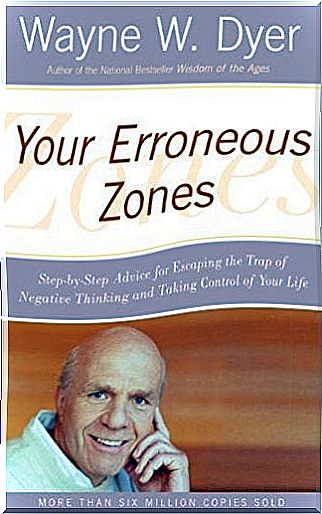
The Relaxation and Stress Reduction Workbook by Martha Davis, Matthew McKay and Elizabeth Robbins Eshelman
This book is, as the title suggests, a practical guide to stress reduction . It explains different and effective ways to deal with stress. In addition, it offers techniques for managing your emotions. It is a compendium of stress reduction strategies. Each chapter deals with a new one.
“The content and richness of the content make this an extremely useful guide for psychologists, psychiatrists, doctors, nurses, teachers and anyone else dealing with stress-related issues.”
You Can Learn to Be Happy , by Alexandra Dieguez Gonzalez and Carmen Serrat-Valera
In this book , psychologist Carmen Serrat-Valera and reporter Alexa Dieguez teach us to explore our personal resources, manage emotions, develop different talents, and take care of ourselves in order to live a perfect life. It is an enriching book. The authors write in a practical and intimate voice and help us understand how we function.
It also teaches the reader to identify and overcome any obstacles to self-realization. It tells you how to take the necessary steps to build the life you want. To do so, the authors discuss various exercises for contrasting effectiveness. They include stories, metaphors, scientific research, and reflection.
“The benefits of being happy are many (knowing how to enjoy the little things, develop intellectual and creative ability, maintain good personal relationships, participate in joyful activities, mitigate the effects of stress, fill your life with meaning, etc.), and it is up to each of us to work hard for them so that we can enjoy life and enjoy every experience. ”
In conclusion, I hope you enjoy reading these self-help books, just as I did. If you do not like them all, I hope at least one speaks to you. However, it is important to remember that they are not a substitute for professional help. They are simply one more resource that helps you grow and flourish.
